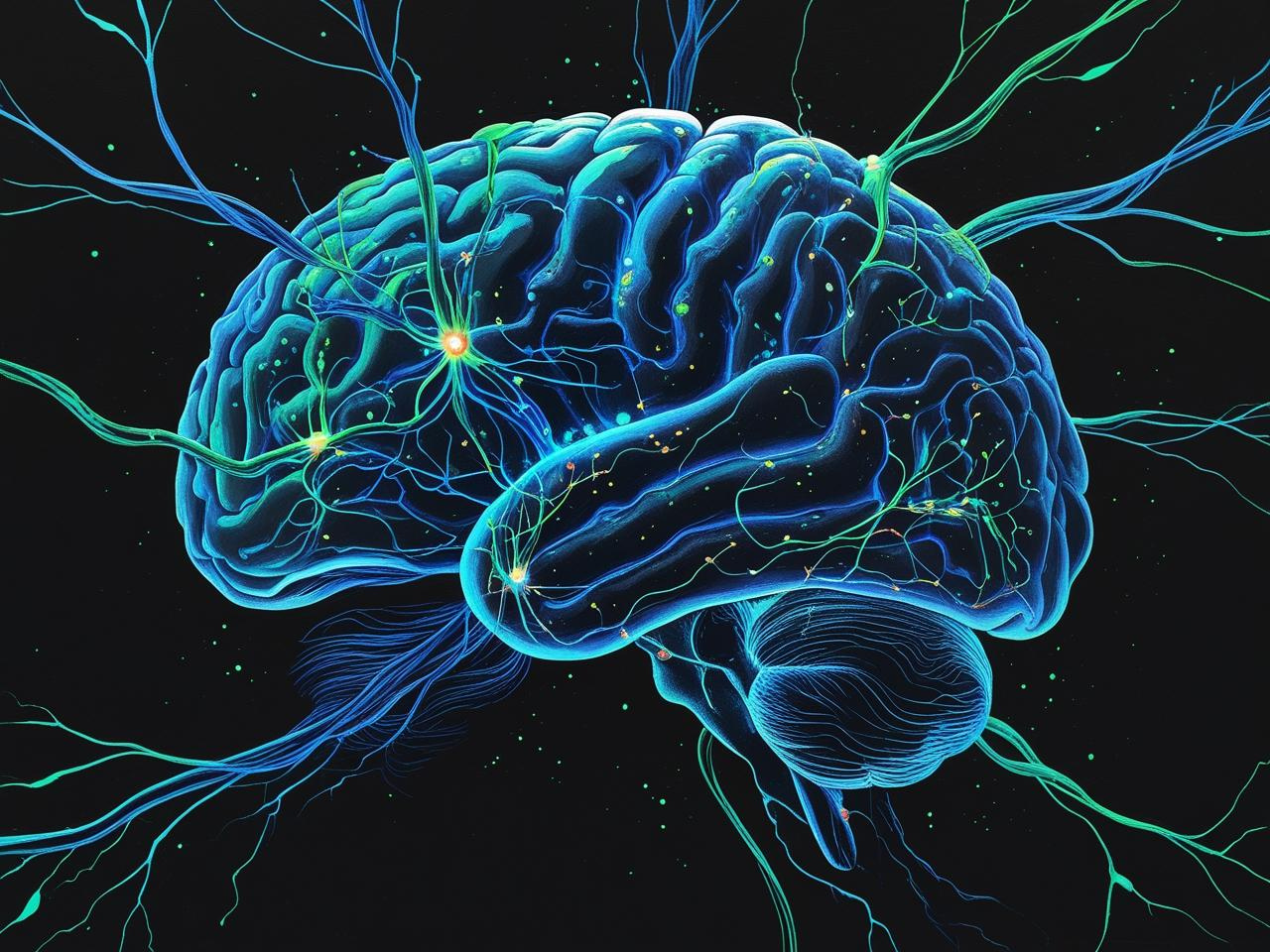Sharing My Personal Journey into Silence and What I Learned
Have you ever sat in complete silence—not while watching Netflix, not while scrolling Instagram, not even while reading—just pure, raw, undisturbed silence?
No music. No conversation. No phone notifications. Just… you, your breath, and stillness?
Well, I didn’t think it mattered much—until I started practicing something called Mauna, the ancient yogic practice of silence. What began as a small experiment soon turned into something deeper. I started noticing shifts—not only in how I felt emotionally, but also in my thinking, focus, and even sleep. Curiously, I wondered: Is there science behind this? Is silence actually good for our brain?
Turns out—yes, there’s a lot of science behind it. And in this blog, I’ll share both my personal experience and what neuroscience tells us about how silence rewires the brain.
What Is Mauna and Why I Started It
I first heard about Mauna during a spiritual retreat in Nepal. The guide explained that Mauna means intentional silence, not just not talking, but also calming your inner voice—the overthinking, planning, overreacting inner chatter we all have.
At first, I thought, “Eh, sounds like meditation,” but it’s different. In meditation, you may try to focus or visualize. In Mauna, you simply stop using words—externally and internally. It’s about being rather than doing.
So, I decided to try a small version:
No talking for one full day.
No music, no TV, no phone.
Just journaling, walking, eating, and observing.
The result? It was uncomfortable at first, but something beautiful started happening.
The Mind’s Shift in Silence
During those silent hours, my mind first felt chaotic—like I’d just cut the power on a running engine. But slowly, I started to feel a new kind of clarity.
I could hear my own thoughts better, but they were also less loud.
I could feel emotions rising and falling without judgment.
I even noticed small things—like the sound of birds, the texture of food, or the rhythm of my breath.
It felt like my brain was finally breathing.
And guess what? Neuroscience totally supports this.
What Science Says: Silence Helps the Brain Reset
According to a study published in Brain, Structure and Function, two hours of silence per day actually led to the growth of new brain cells in mice, especially in the hippocampus—the area responsible for memory and learning.
That blew my mind.
And it explained why I felt more focused after a day of Mauna. My brain wasn’t just resting—it was rebooting. Imagine closing all tabs on your laptop after days of multitasking—that’s what silence does to the brain.
The “Default Mode” Brain: Where Creativity Lives
Neuroscientists also talk about the Default Mode Network (DMN)—a network in the brain that becomes active when we’re not focused on outside tasks. This network is linked to self-reflection, daydreaming, and creative problem-solving.
When we fill every moment with noise or distractions, we block access to this part of the brain. Silence opens the door again.
I noticed this personally. After Mauna, I had new ideas for my work, better solutions to problems I was stuck on, and clearer insights about myself. Silence didn’t empty me—it made room for new things to grow.
Emotional Benefits: The Calm After the Storm
One surprising effect of silence was how it helped me manage emotions. I didn’t expect it.
There was a moment during my Mauna when I felt sadness bubbling up. Normally, I’d distract myself with my phone or talk to someone. But in silence, I just sat with it. And to my surprise, it passed—like a cloud moving across the sky.
That’s when I learned that silence teaches emotional regulation. It’s like a mirror—we get to see what we’re really feeling. And by doing so, we can process it more healthily.
Studies have shown that silence reduces cortisol (the stress hormone) and lowers blood pressure. It’s not just spiritual—it’s biological.
Mauna vs. Meditation: What’s the Difference?
Some people ask me, “Is Mauna just another form of meditation?”
Not exactly.
Meditation often has a method—like focusing on your breath or repeating a mantra.
Mauna is more raw. It’s just you, with no outer distractions and no inner scripts.
It’s a space where you listen more than you do.
You observe without reacting.
You sit with thoughts without pushing them away.
Honestly, I found Mauna to be even more powerful than meditation at times—because it showed me my inner world without filters.
Let’s Talk About Modern Noise
We don’t realize how much noise we live with.
- Phone notifications every 5 minutes
- Background music while working
- Traffic, conversations, radio, social media
Our brains barely get a break. And silence becomes awkward, even scary. But maybe we’re just not used to it anymore. Maybe that’s why we feel anxious, restless, or disconnected.
Practicing Mauna made me realize: Silence isn’t empty; it’s full of answers.
How I Practice Mauna Today
I won’t lie—it’s hard to do full-day silence often, especially with work and responsibilities. But I’ve found small ways to keep Mauna alive:
- Morning Silence (30 minutes) – No phone, no talking. Just me, tea, and my journal.
- Walking Without Headphones – Letting nature be the soundtrack.
- Silent Meals – Focusing only on the food, chewing slowly, no scrolling.
- Phone-Free Time Blocks – 1 hour each evening with no devices or noise.
These mini-Mauna moments give me mental space I never knew I needed.
My Honest Advice to You
Try Mauna—just once.
Start small. One hour. No talking. No tech. Just sit, walk, eat, observe.
You may feel bored at first. That’s okay. Stay with it.
You’ll start to notice:
- Your mind slowing down
- Your breath becoming deeper
- Your thoughts getting clearer
- Your stress levels dropping
You might even hear your inner wisdom—the voice we often silence with noise.
Final Thoughts: Silence Is a Superpower
We chase productivity, success, even happiness—often through doing more.
But what if doing less—or even doing nothing—is the real key?
Mauna taught me that silence isn’t passive.
It’s powerful.
It rewires your brain.
It heals your emotions.
It makes you more you.
In a world that constantly shouts, choosing silence is revolutionary.
And in that quiet space—you may just hear the voice that really matters: your own.

